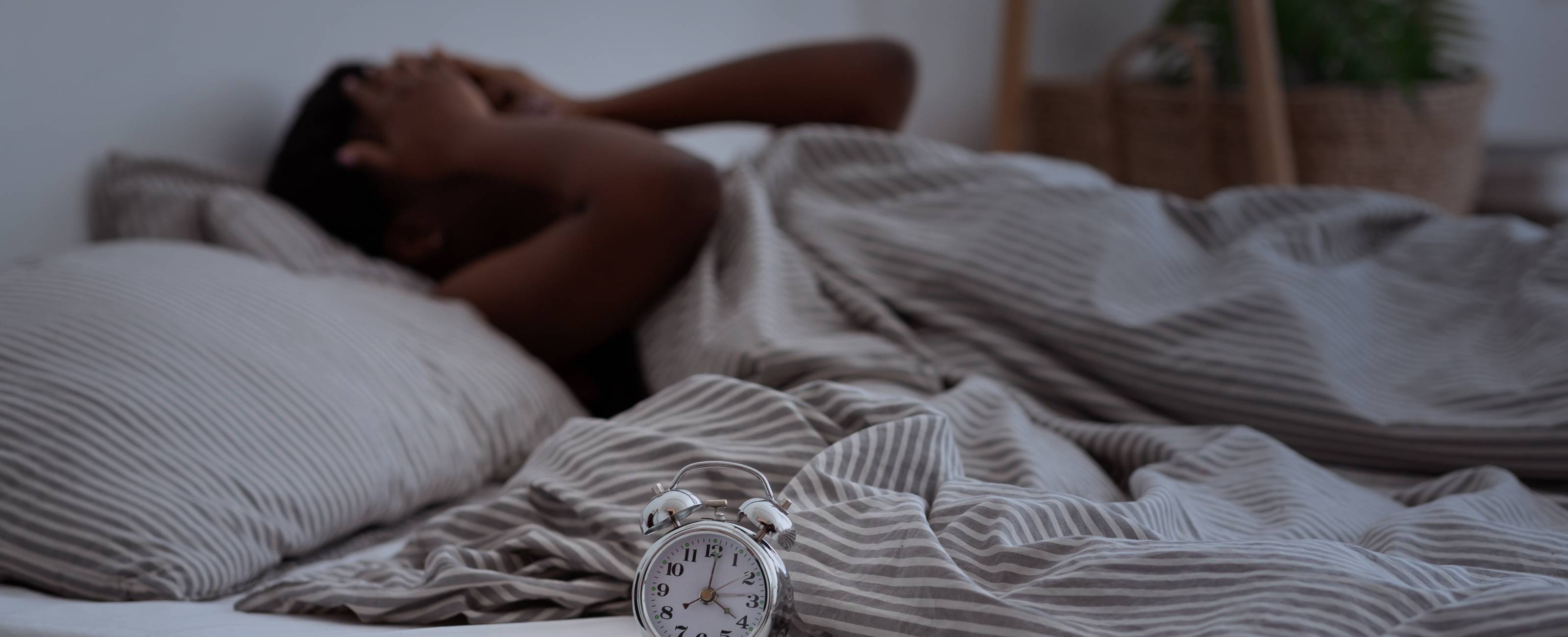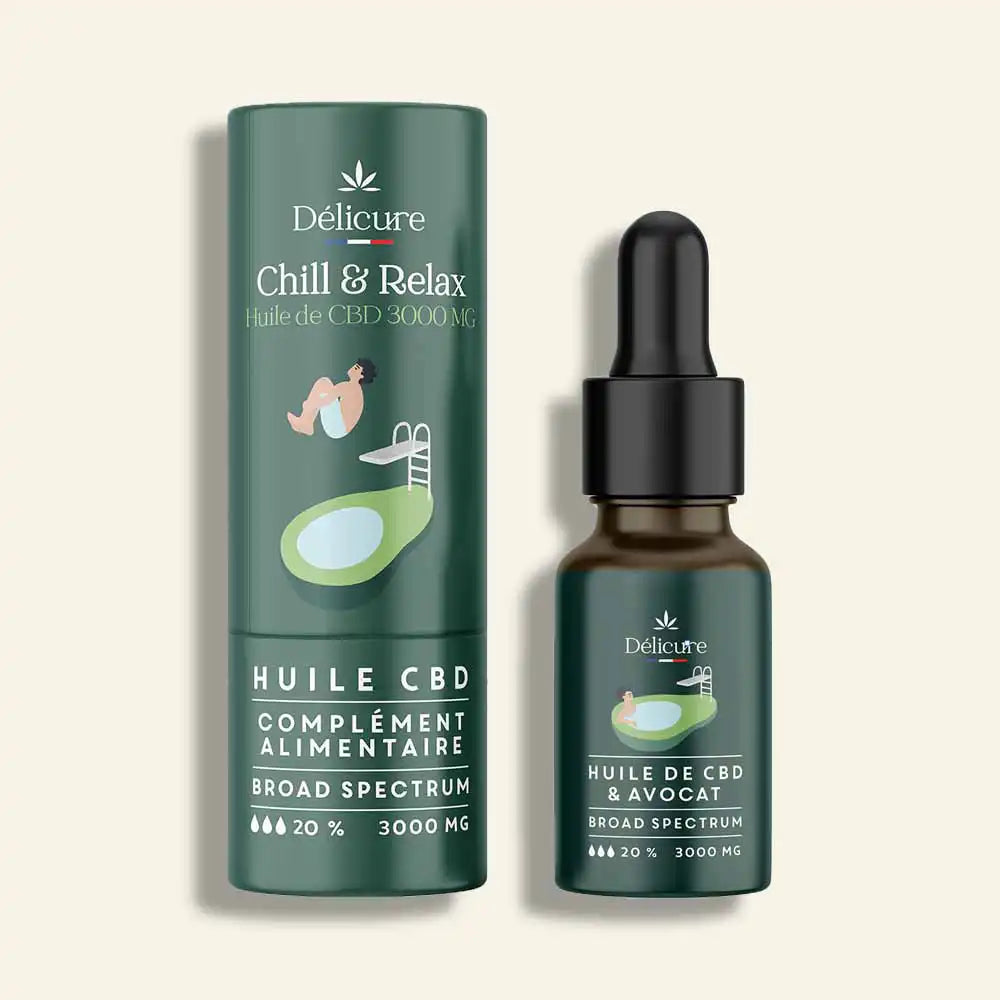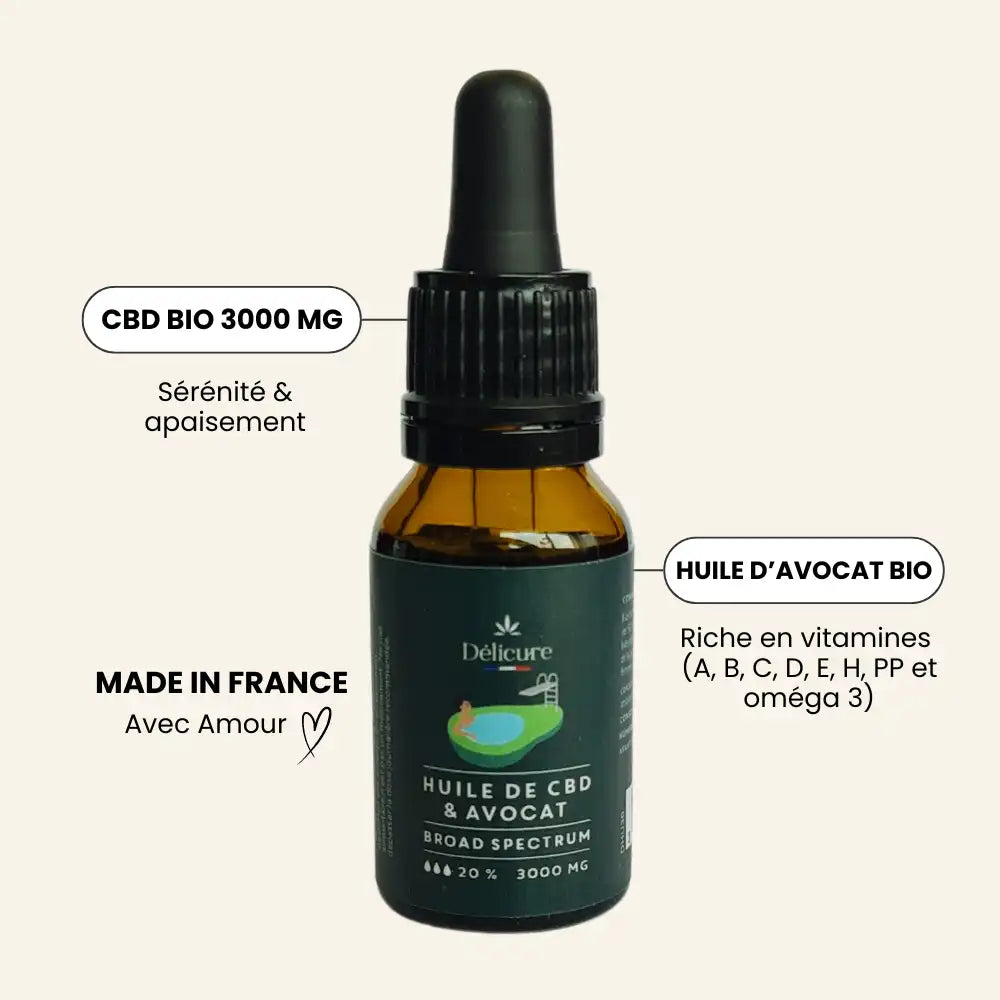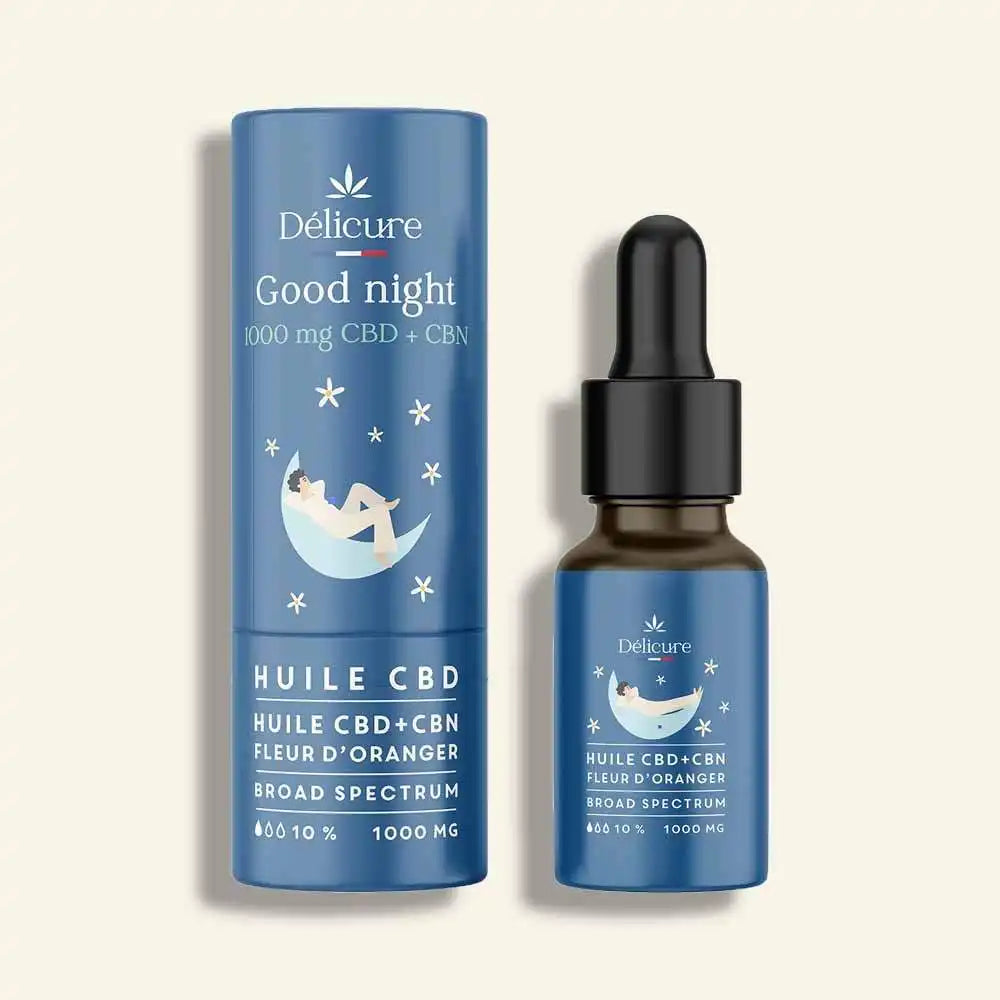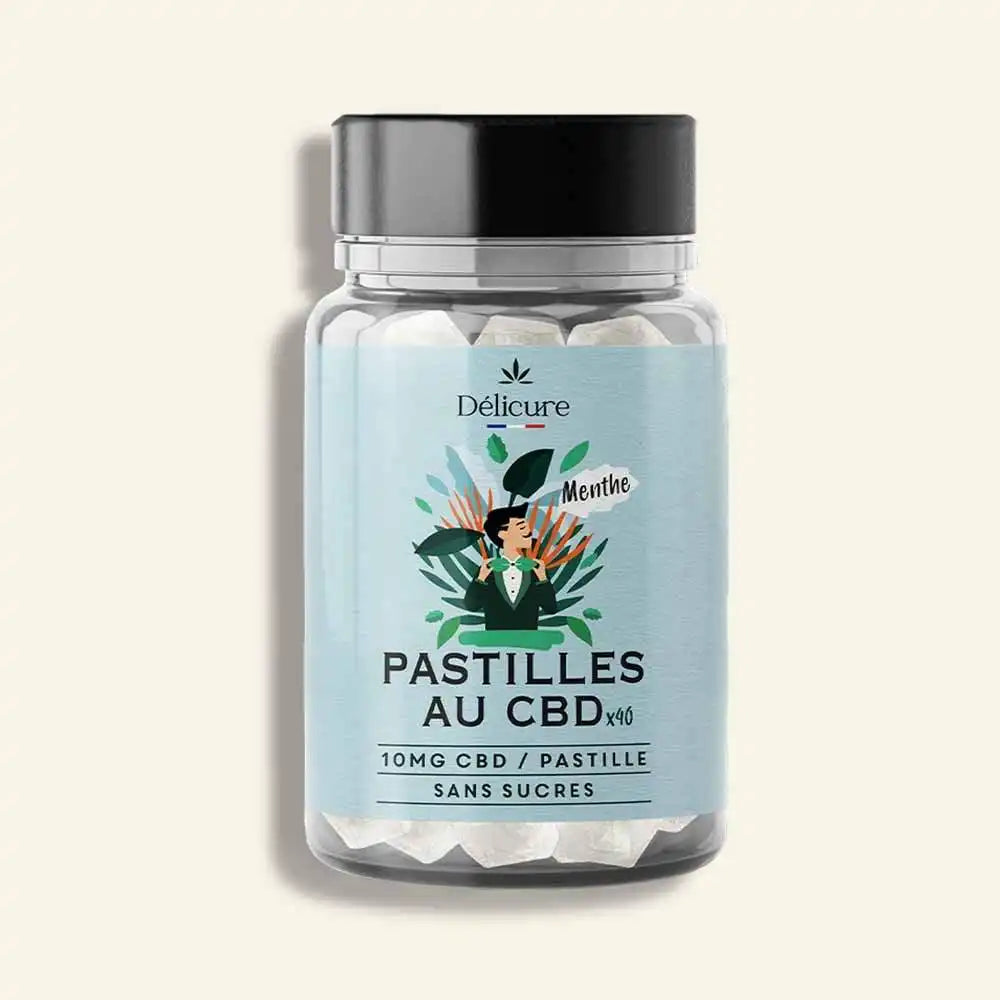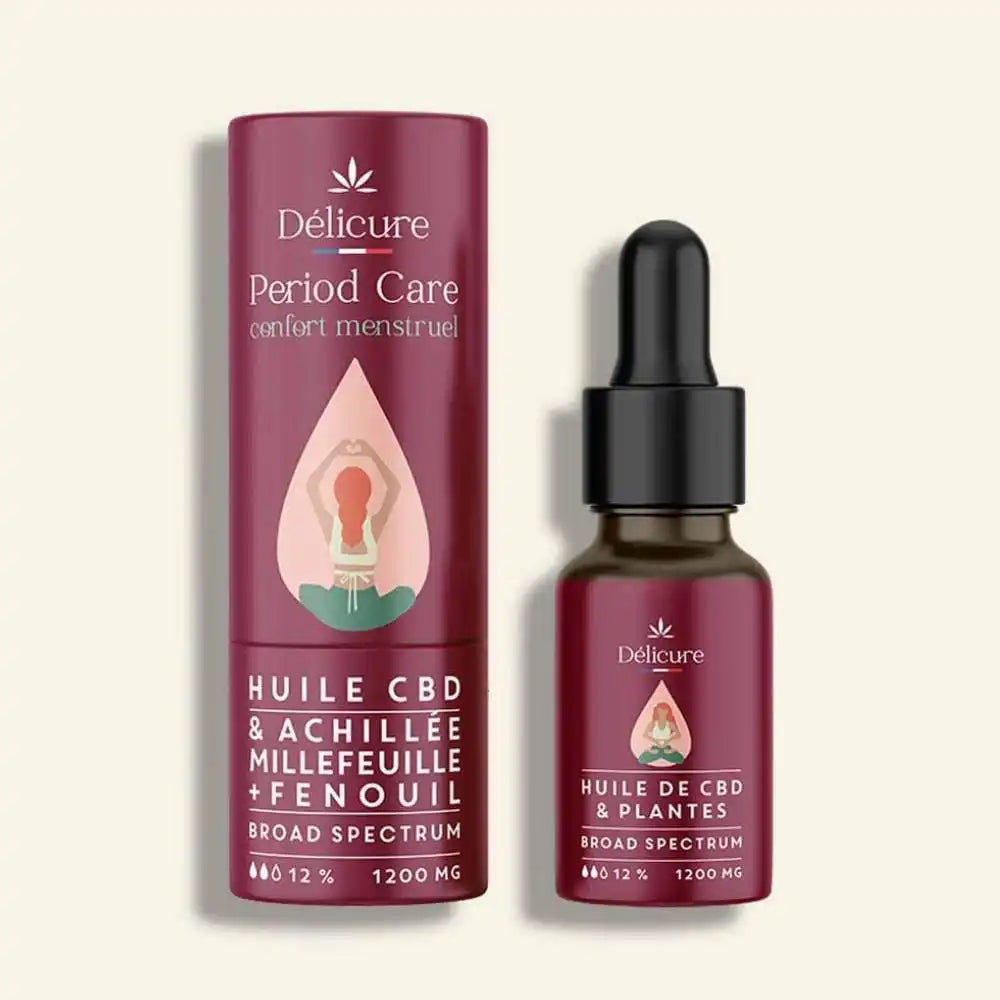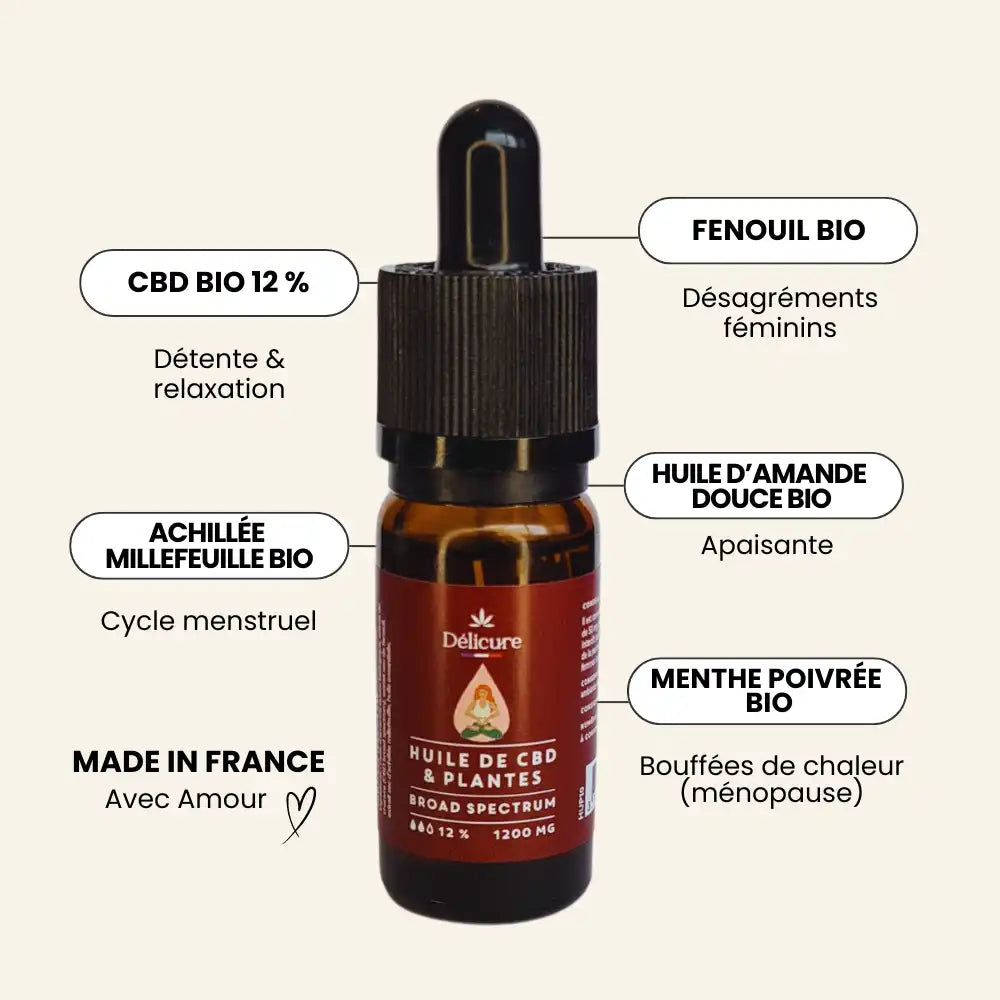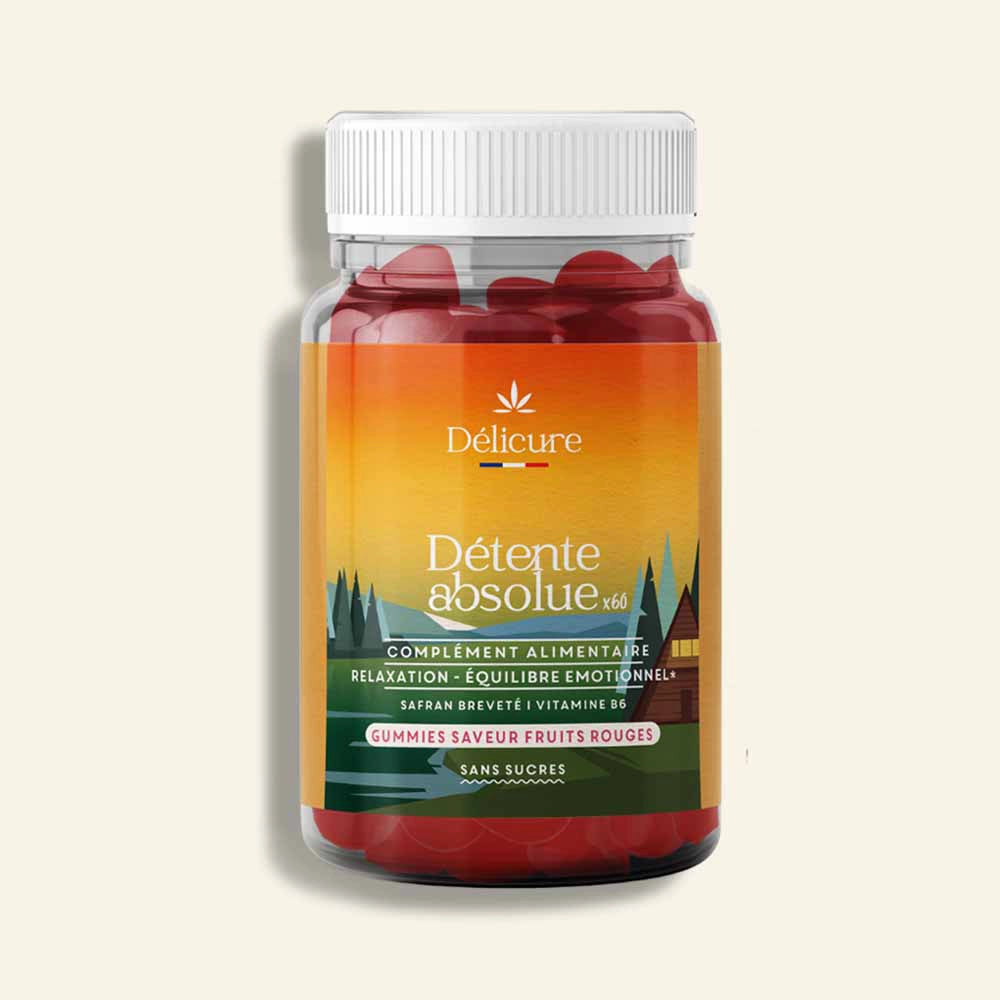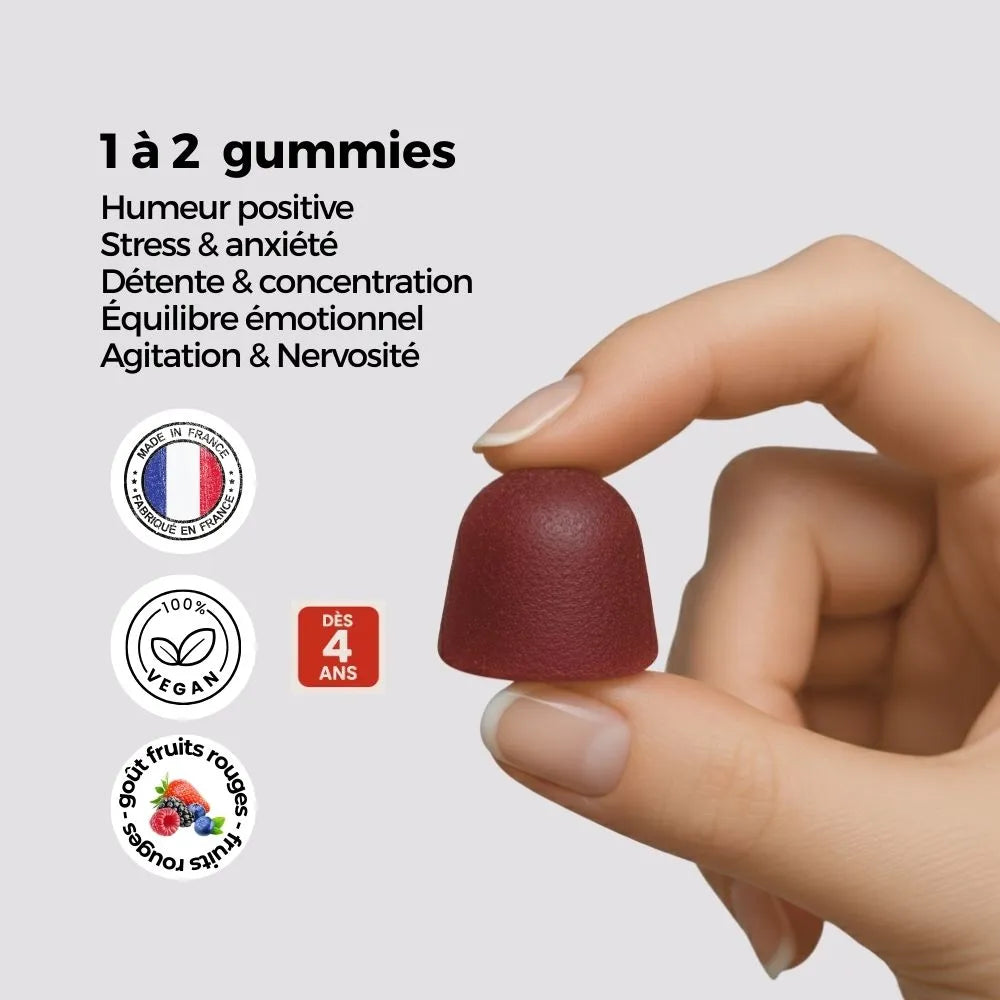
The 7 best plants for getting to sleep
In our modern world, stress and sleep disorders are increasingly common. We invite you to rediscover ancestral natural remedies: plants. In herbal tea or powder form, they can be a healthy alternative to sleeping pills to help you get a restful night's sleep. In addition, CBD oils offer a modern and natural approach to calming the mind in the evening and promoting more peaceful nights.
Sedative plants
In the quest for restful sleep, several plants with proven sedative properties have proven effective. Their relaxing and calming properties promote an optimal night's rest and help combat sleep disorders. Choose organic plants to guarantee a natural product free from unwanted residue.
- Chamomile : appreciated for its soothing qualities, it helps you fall asleep and optimizes the quality of your night's rest.
- Linden : used since time immemorial for its sedative effects, it is an ally against insomnia.
- Valerian : frequently recommended for sleep disorders, it reduces the time it takes to fall asleep and prolongs the duration of rest.
- Passionflower : with its anxiolytic and hypnotic properties, it is effective in treating mild sleep disorders.
- Hawthorn : known for its calming effects on the nervous system as well as its regulatory effects on circadian rhythms.
- Verbena : often consumed as a herbal tea, it contributes to relaxation and calming, thus promoting sleep.
- Poppy : This pretty flower has a calming and soothing effect, commonly used for sleep disorders.
These plants can be ingested as infusions or dietary supplements. Their effectiveness can vary depending on the individual: always respect the recommended dosages and seek advice from a healthcare professional if in doubt, especially if symptoms persist.

The power of chamomile
The soothing virtues of chamomile
Chamomile, known for its relaxing and sedative effects, promotes restful sleep. It contains apigenin, a substance that interacts with brain receptors involved in sleep induction. Thus, it helps shorten the time it takes to fall asleep and optimize the quality of nighttime rest, while alleviating tension and anxiety that disrupt bedtime.
How to Use Chamomile to Promote Sleep
It is most commonly consumed as an herbal tea: add a tablespoon of dried flowers to a cup of hot water and let it steep for 10 minutes before bedtime. Capsules or liquid extracts are also effective—follow the dosage instructions.

The discovery of valerian
The role of valerian in falling asleep
Known for its calming properties, valerian promotes sleep by modulating neurotransmitters that calm the activity of the central nervous system. The result: progressive relaxation and more restful sleep.
The anti-stress benefits of valerian
Beyond its sedative action, it is valued for its anxiolytic properties. By modulating the action of GABA, it helps reduce stress and tension that delay sleep.
The optimal use of valerian
Infusion or capsules a few hours before bedtime: follow the dosage instructions on the packaging or from your healthcare professional to avoid any interaction or adverse effects.
Passionflower, an ally of rest
A climbing plant with spectacular flowers, passionflower is renowned for its calming effects. Rich in flavonoids, it acts on the central nervous system, reducing stress and facilitating sleep. Its antispasmodic properties also help release muscle tension before bedtime.
However, precautions are necessary: passionflower can interact with certain medications and is not always recommended for pregnant or breastfeeding women. Seek professional advice, especially if you are using it for sleep apnea .
The surprise with hops and lemon balm
The soothing virtues of hops
Less well-known, hops have interesting sedative properties: they promote sleep and improve the quality of nighttime rest. They can be used as an infusion or as a supplement.
The positive influence of lemon balm on nighttime rest
Lemon balm has a beneficial effect on the nervous system and helps combat anxiety. In infusion or extract form, it can easily be incorporated into your evening ritual to help you fall asleep.
CBD Oils for Sleep
Complementing traditional plants, CBD sleep oils offer a natural and modern approach. Derived from hemp, they act via the endocannabinoid system, which is involved in regulating stress, relaxation, and sleep-wake cycles. Depending on your needs, you can choose the concentration and formulation that suits you from our collection.
CBD can help with:
- Relieve stress and anxiety, two major factors of insomnia
- Facilitate natural sleep
- Promote deeper and more restorative sleep phases
- Limit nighttime awakenings
Directions for use: place a few drops under the tongue 30 minutes before bedtime, and establish a regular routine (screens off, cool, dark room, breathing, herbal tea, etc.).
Gummies, a natural and effective option:
Gummies can also be a valuable aid in combating sleep disorders. Often made with plants and melatonin , these fruity gummies have earned the trust of many consumers. Délicure brand sleep gummies are natural and vegan: melatonin, poppy, linden, passionflower, and vitamins work together to promote sleep and reduce nighttime awakenings, with excellent user reviews .





